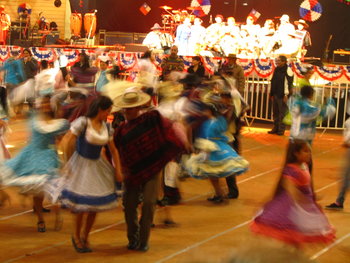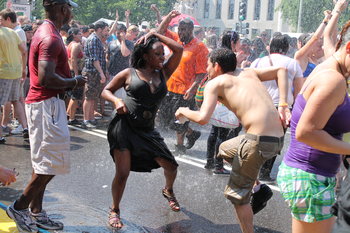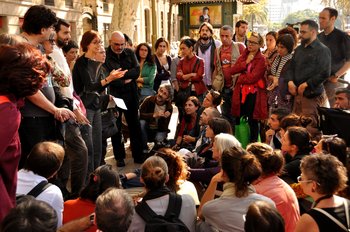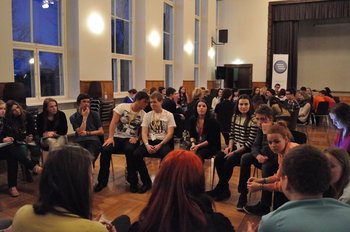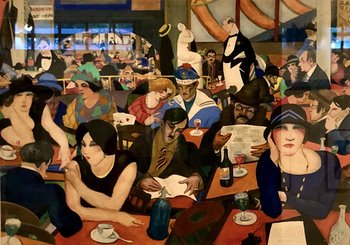
Affection | Agreement With Your Ideas |
Applause | Association With High Status Institutions / Organizations - e.g. going to a top university |
Attendance (to your events) | Attention From Others |
Authority / Power | Awards |
Being Noticed | Being Talked About |
Celebrations in Your Honor - e.g. birthday parties | Compliments |
Credentials & Certifications | Fame |
Friends | Gifts |
Greetings / Friendly Conversation | Greetings in Your Honor - e.g. someone remembers your birthday and messages you |
Invitations | Kind Words |
Media Attention | Mentions |
Messages / Phone Calls | Pay / Bonuses / Business Revenue |
People Laugh At Your Jokes | Popularity |
Positive Comments | Praise |
Rankings / Ratings - e.g. top of your class | Recognition |
School Feedback / Grades | Social Connection to High Status People |
Social Media Likes / Followers | Social Position |
Social Status | Wealth |
Winning Competitions | Work Feedback / Customer Feedback |
Seeking Validation
People commonly base their self-concept, self-worth and self-esteem on social validation and are powerfully motivated to obtain it. For example, the drive to obtain social media feedback such as likes and followers may be based on a need for social validation.Looking-Glass Self
Your looking-glass self is what you believe others think about you. This is commonly used to form identity and self-perception. The looking-glass self is partially based on imagination as you can imagine how you are being perceived in social situations. However, it is also based on social validation and negative social feedback such as insults, criticism or rejection.Providing Social Validation
As people commonly seek social validation, providing it is a common approach to social situations. For example, if you like other people's social media posts about their lunch they may reciprocate and like your posts about your lunch.Self-Schema
A self-schema is a collection of important memories that you use to form your self-concept and self-esteem. This can provide stability whereby you rely on important validation you have received to form a self-image that isn't easily shaken by others. For example, a person who is well-respected and socially fulfilled might not be easily influenced by how many people like a particular post in social media because they know that they have had many social successes in life.Coolness
Coolness is an indifference to social validation whereby an individual is confident and socially calm. Ironically, some people who demonstrate this trait receive much social validation as people are drawn to their confidence and strong individuality.| Overview: Social Validation | ||
Type | ||
Definition | Positive feedback that a person receives from other people and social groups. | |
Related Concepts | ||









